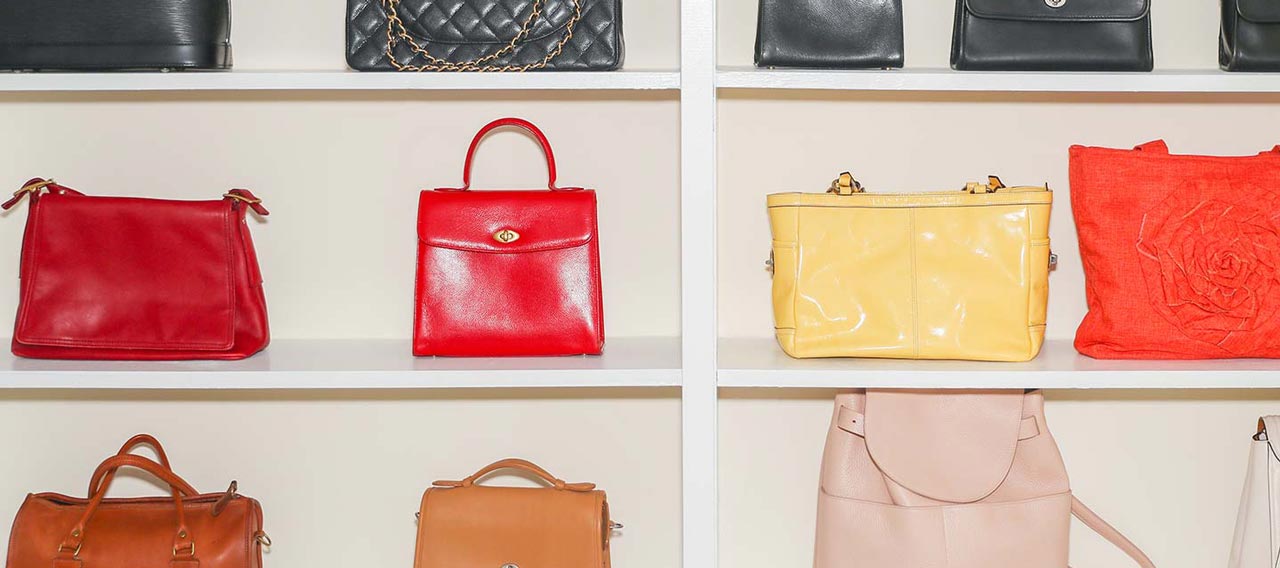- Individuals & Families
- Businesses
- Agents & Brokers
- Embedded Insurance

Chubb ranked #1 for Customer Satisfaction with the Home Insurance Claims Experience

Chubb ranked #1 for Customer Satisfaction with the Home Insurance Claims Experience

Chubb ranked #1 for Customer Satisfaction with the Home Insurance Claims Experience

Chubb ranked #1 for Customer Satisfaction with the Home Insurance Claims Experience

Because pets are family, Chubb now offers pet insurance with top-rated coverage from Healthy Paws.

Chubb offers the insurance protection you need for travel’s many “what ifs”.

Chubb protects small businesses at every stage – from newly formed start-ups to long-time anchors of the community.

Stay ahead of cyber threats with our free Cyber Claims Landscape Report.

Learn more about our dedicated learning paths, Online Learning Center, and more.

Many digital-savvy consumers look for it as a core or add-on option.

Many digital-savvy consumers look for it as a core or add-on option.

Many digital-savvy consumers look for it as a core or add-on option.

Chubb’s in-house technology makes it easy to integrate what we do into your customer experience.
-
About
-
Claims
-
Login & Pay Bill
For Agents & BrokersFor Travel Advisors
-
Back
With the price of rare liquor on the rise, connoisseurs and collectors are turning to scotch (Scottish whisky), bourbon (Kentucky whiskey), or Irish whiskey as the newest liquid investment. While not every bottle will bring record profits—like the 1926 Macallan whisky, sold at Sotheby’s London for $1,873,961 in 2019—collecting whisky can be a fun and potentially profitable endeavor.
Rare whisky sales rival that of wine
Spirits accounted for 19% of the Sotheby’s auction and retail sales last year, having been at zero in 2015, 4% in 2018 and 13% in 2019.1 Within the first quarter of 2020, the Knight Frank Rare Whisky Index, compiled by sector specialist Rare Whisky 2020, reported an increase of 3% based on data compile from auction results. Within a year’s time, the same index was up 11%, and growth has been a staggering 586% looking back over the last years. By comparison, fine wine grew 127% over the same time period.2
So, you want to collect whisky. What now?
Whether you simply enjoy a dram of single malt once in a while and want additional variety or are looking to amass an assortment of investment-grade whiskies, below are a few tips for how to start your collection.
Buy what you like.
Whisky is like wine in some respects. If you buy what you like to drink, even if your investment doesn’t pan out, you’ll still be able to enjoy your collection—by drinking it. Since whisky keeps longer than wine and will retain its same flavour over many years, if stored properly, there’s no need to rush into selling or drinking it either.
Then consider buying based on a theme.
Some people will collect whisky from a favorite distillery or a particular area of production, such as Islay. Others concentrate on keepsakes from specific points in history, as liquid souvenirs. Like any type of collectible, having a theme can make your collection more valuable.
Scarcity matters.
There were only forty bottles of the 1926 Macallan Fine & Rare whisky produced. When you can locate a bottle of it (which isn’t often), you could end up paying upwards of a million dollars for it. Like any collectible, whisky that is truly rare will fetch a higher price than those more commonly found on the market. As a collector, you may want to visit distilleries and look for limited editions or search out bottles from “lost” or “silent” distilleries – those that have closed and no longer producing.

Get engaged in the market.
It is important to do your homework before investing in whisky. You can head to duty-free shops, your local liquor shop or join a high-end club that provides exclusive tastings. A growing number of online whisky auctions may also be a good place to do research and start buying.
Understand how to store it properly.
Compared to wine, whisky is easy to store, is more durable, and shouldn’t mature or spoil if handled and stored properly. Display your bottles upright—not on their sides, as the high-strength alcohol can degrade the cork or transfer unpleasant flavors into the liquid. Keep the bottles away from strong sunlight and temperature fluctuations. You may want to store them in their original cartons or cases, to avoid ripping or scuffing the labels, which can preserve the bottle’s value.
Make sure your collection is insured.
While your homeowner’s policy will cover your home and its contents, it wasn’t designed to fully cover your whisky collection. Consider a premium, accidental damage policy that will cover your whisky for damage, spoilage, or loss. The policy should cover your whisky anywhere in the world, whether at home or in transit and have no deductible.
Sources:
1 Mercer, Chris. “Top 10: Sotheby's Lists Best-Selling Wine Estates of 2020.” Decanter, 2 Apr. 2021, www.decanter.com/wine-news/top-10-sothebys-lists-best-selling-wine-estates-of-2020-455917/.
2 Frank, Knight, and Andrew Shirley. “How Valuable Is Whiskey as an Investable Asset Class?” Knight Frank, 16 Apr. 2020, www.knightfrank.com/wealthreport/2020-04-16-how-valuable-is-whiskey-as-an-investable-asset-class.
Insights and expertise








Get a personal insurance quote
Work with an independent agent to get personalized insurance solutions.
This document is advisory in nature and is offered as a resource to be used together with your professional insurance advisors in maintaining a loss prevention program. It is an overview only, and is not intended as a substitute for consultation with your insurance broker, or for legal, engineering or other professional advice.
Chubb is the marketing name used to refer to subsidiaries of Chubb Limited providing insurance and related services. For a list of these subsidiaries, please visit our website at www.chubb.com. Insurance provided by ACE American Insurance Company and its U.S. based Chubb underwriting company affiliates. All products may not be available in all states. This communication contains product summaries only. Coverage is subject to the language of the policies as actually issued. Surplus lines insurance sold only through licensed surplus lines producers. Chubb, 202 Hall's Mill Road, Whitehouse Station, NJ 08889-1600.


